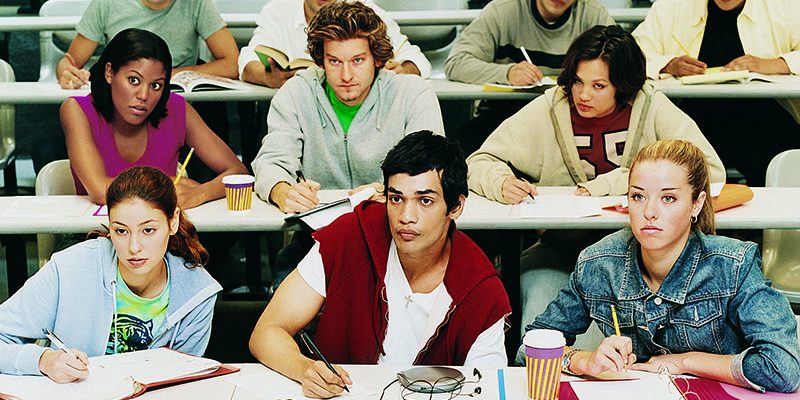Does Practice Always Make Perfect? SAT/ACT Test Prep Tips
By Paul Lim | Kaplan SAT & ACT Trainer
Many parents, firmly believe in the axiom that “Practice Makes Perfect.” They think that with more practice, their children can improve their SAT/ACT scores almost indefinitely until they are within the range of those required by top universities. Equating homework with practice, these parents ask their teachers/tutors to give their children more and more homework and they see this as a panacea for all the problems that their children might have. This is a common phenomenon that I have seen many times over the years. So, does practice always make perfect? The short answer is NO. The longer answer is that IT DEPENDS. Depends on what? Depends on whether we can use practice effectively to make improvements. And in order to be effective, practice has to be knowledge-based, focused, and supervised.
The first condition for practice to be effective is that it has to be knowledge-based. Let’s use a sports analogy, say tennis, in this case because I think most people would find it relevant. Before picking up your tennis racket for the first time, it is important to know the knowledge (concepts and techniques) of hitting a tennis ball. Without that knowledge, I don’t think anyone can be trained to be a competitive tennis player. The same applies to SAT/ACT. We need to learn the concepts and techniques to solve the problems and we need to learn these before we can start to practice. Practising without knowledge is like putting the horse before the cart. In the end, it is a lot of effort but without much results.
The second condition is that it has to be focused. That means, in order to improve your tennis stroke, you need to have focused training. If your weakness is the backhand, you need to practice hitting your backhand hundreds of times before you can see any improvement. You have to know where your weaknesses are so that the practice is focused on overcoming your weaknesses. This works in the same way in SAT/ACT, we need to focus on practising in areas that the student is weak so that we can make improvements. Practising without a clear focus is like practising your tennis stroke without a ball – you may make some improvements but overall, the results will be underwhelming.
The third is that practice is best done under the supervision by a qualified coach. I think most parents can relate to that in terms of tennis. This is where the coach can make a big difference in the performance of an athlete. Even though students may have solved all the problems, they may have taken a long time to solve the problems while the test only allows 1 minute per question. Students may have used an inefficient method to solve the problem without knowing that there is a better method that can solve it in less than a minute. A qualified and experienced coach can identify problems that the student is unaware of and thus help the students to improve.
To make a long story short, practice is but one part of an integral program for test score improvements. It has to be done in the right way in order to achieve results.

Mr. Paul Lim
Kaplan SAT and ACT Trainer
MBA, National University of Singapore
B.Sc., Harvey Mudd College
TBE
TESOL
• Over 15+ years of experience in teaching SAT and ACT
• Graduated from a prestigious U.S. college
• Proven record in helping students achieve a perfect subject section score of 800
• Author of a book on effective learning strategies for mastering vocabulary
已有 328 人瀏覽
分類:美國中學及大學入學試


